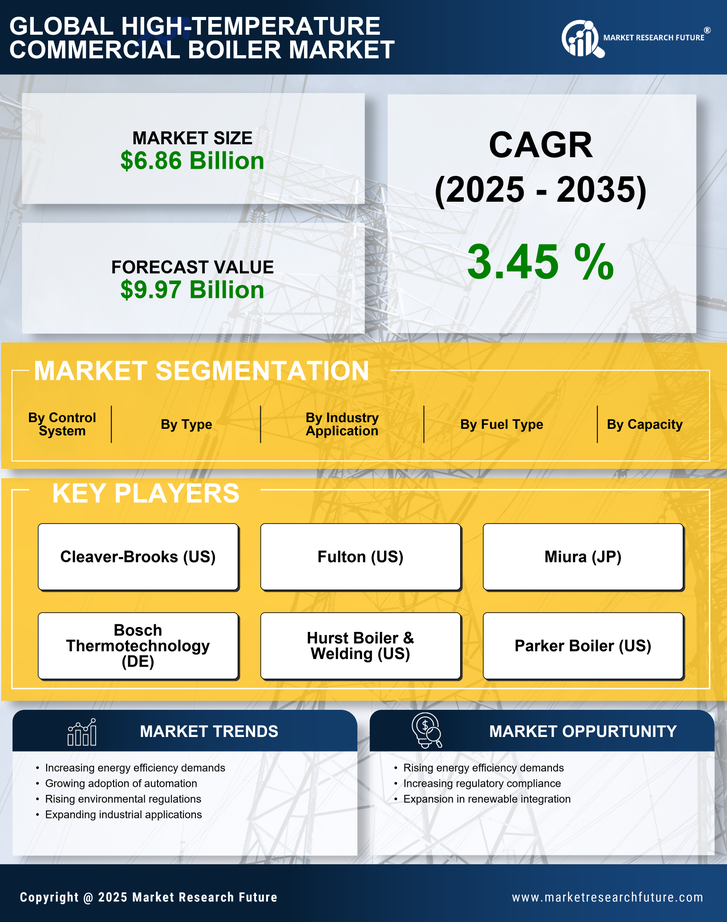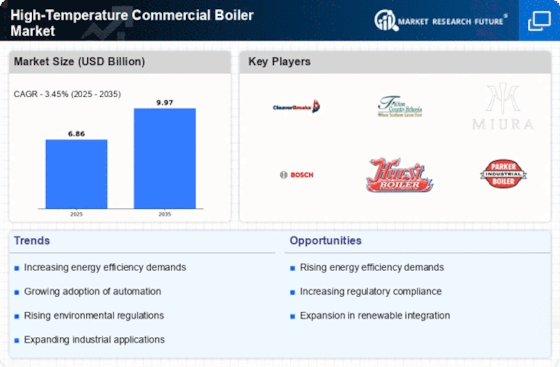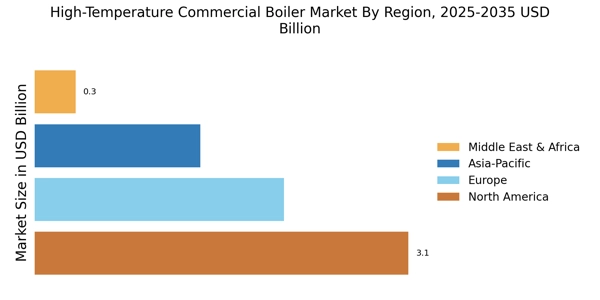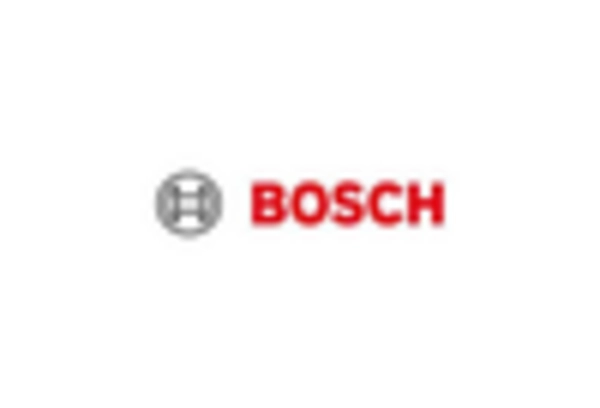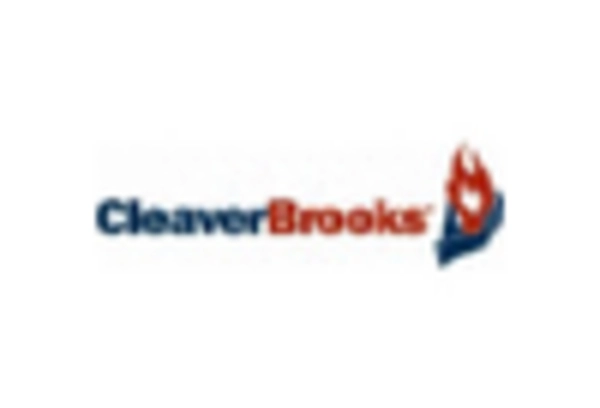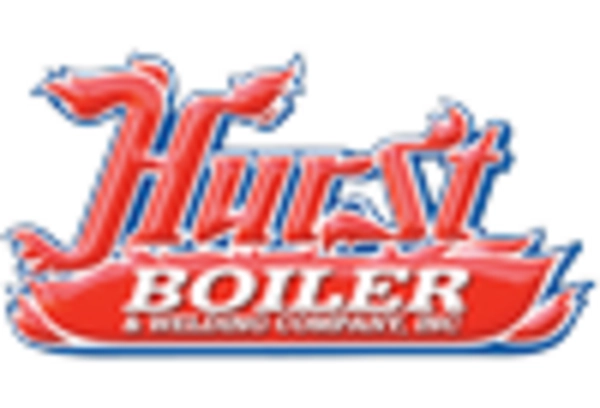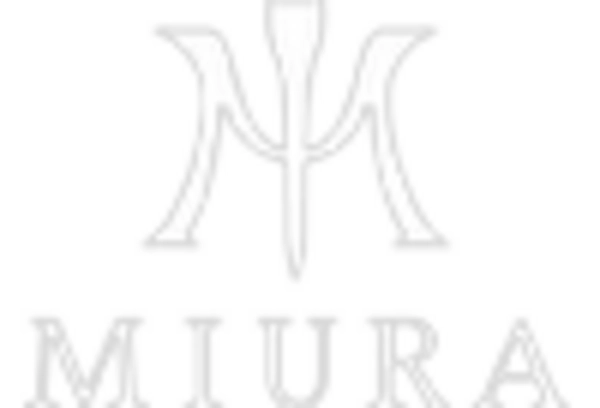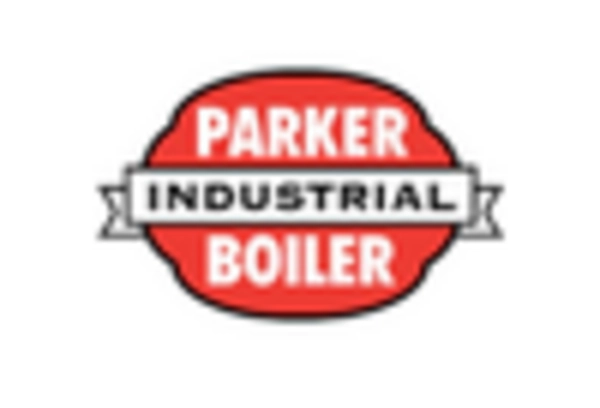-
APAC High Temperature Commercial Boiler Market by Boiler Type
-
Fire-Tube Boilers
-
Water-Tube Boilers
-
Electric Boilers
-
Condensing Boilers
-
APAC High Temperature Commercial Boiler Market by Fuel Type
-
Natural Gas
-
Oil
-
Coal
-
Biomass
-
Electricity
-
APAC High Temperature Commercial Boiler Market by Industry Application Type
-
Manufacturing
-
Chemical Processing
-
Food and Beverage
-
Pharmaceuticals
-
APAC High Temperature Commercial Boiler Market by Control System Type
-
Manual
-
Semi-Automatic
-
Fully Automatic
-
Smart Control Systems
-
APAC High Temperature Commercial Boiler Market by Capacity Type
-
Low Capacity (up to 1000 kW)
-
Medium Capacity (1001 kW - 5000 kW)
-
High Capacity (above 5000 kW)
-
APAC High Temperature Commercial Boiler Market by Regional Type
-
China
-
India
-
Japan
-
South Korea
-
Malaysia
-
Thailand
-
Indonesia
-
Rest of APAC
-
CHINA Outlook (USD Billion, 2019-2032)
-
CHINA High Temperature Commercial Boiler Market by Boiler Type
-
Fire-Tube Boilers
-
Water-Tube Boilers
-
Electric Boilers
-
Condensing Boilers
-
CHINA High Temperature Commercial Boiler Market by Fuel Type
-
Natural Gas
-
Oil
-
Coal
-
Biomass
-
Electricity
-
CHINA High Temperature Commercial Boiler Market by Industry Application Type
-
Manufacturing
-
Chemical Processing
-
Food and Beverage
-
Pharmaceuticals
-
CHINA High Temperature Commercial Boiler Market by Control System Type
-
Manual
-
Semi-Automatic
-
Fully Automatic
-
Smart Control Systems
-
CHINA High Temperature Commercial Boiler Market by Capacity Type
-
Low Capacity (up to 1000 kW)
-
Medium Capacity (1001 kW - 5000 kW)
-
High Capacity (above 5000 kW)
-
INDIA Outlook (USD Billion, 2019-2032)
-
INDIA High Temperature Commercial Boiler Market by Boiler Type
-
Fire-Tube Boilers
-
Water-Tube Boilers
-
Electric Boilers
-
Condensing Boilers
-
INDIA High Temperature Commercial Boiler Market by Fuel Type
-
Natural Gas
-
Oil
-
Coal
-
Biomass
-
Electricity
-
INDIA High Temperature Commercial Boiler Market by Industry Application Type
-
Manufacturing
-
Chemical Processing
-
Food and Beverage
-
Pharmaceuticals
-
INDIA High Temperature Commercial Boiler Market by Control System Type
-
Manual
-
Semi-Automatic
-
Fully Automatic
-
Smart Control Systems
-
INDIA High Temperature Commercial Boiler Market by Capacity Type
-
Low Capacity (up to 1000 kW)
-
Medium Capacity (1001 kW - 5000 kW)
-
High Capacity (above 5000 kW)
-
JAPAN Outlook (USD Billion, 2019-2032)
-
JAPAN High Temperature Commercial Boiler Market by Boiler Type
-
Fire-Tube Boilers
-
Water-Tube Boilers
-
Electric Boilers
-
Condensing Boilers
-
JAPAN High Temperature Commercial Boiler Market by Fuel Type
-
Natural Gas
-
Oil
-
Coal
-
Biomass
-
Electricity
-
JAPAN High Temperature Commercial Boiler Market by Industry Application Type
-
Manufacturing
-
Chemical Processing
-
Food and Beverage
-
Pharmaceuticals
-
JAPAN High Temperature Commercial Boiler Market by Control System Type
-
Manual
-
Semi-Automatic
-
Fully Automatic
-
Smart Control Systems
-
JAPAN High Temperature Commercial Boiler Market by Capacity Type
-
Low Capacity (up to 1000 kW)
-
Medium Capacity (1001 kW - 5000 kW)
-
High Capacity (above 5000 kW)
-
SOUTH KOREA Outlook (USD Billion, 2019-2032)
-
SOUTH KOREA High Temperature Commercial Boiler Market by Boiler Type
-
Fire-Tube Boilers
-
Water-Tube Boilers
-
Electric Boilers
-
Condensing Boilers
-
SOUTH KOREA High Temperature Commercial Boiler Market by Fuel Type
-
Natural Gas
-
Oil
-
Coal
-
Biomass
-
Electricity
-
SOUTH KOREA High Temperature Commercial Boiler Market by Industry Application Type
-
Manufacturing
-
Chemical Processing
-
Food and Beverage
-
Pharmaceuticals
-
SOUTH KOREA High Temperature Commercial Boiler Market by Control System Type
-
Manual
-
Semi-Automatic
-
Fully Automatic
-
Smart Control Systems
-
SOUTH KOREA High Temperature Commercial Boiler Market by Capacity Type
-
Low Capacity (up to 1000 kW)
-
Medium Capacity (1001 kW - 5000 kW)
-
High Capacity (above 5000 kW)
-
MALAYSIA Outlook (USD Billion, 2019-2032)
-
MALAYSIA High Temperature Commercial Boiler Market by Boiler Type
-
Fire-Tube Boilers
-
Water-Tube Boilers
-
Electric Boilers
-
Condensing Boilers
-
MALAYSIA High Temperature Commercial Boiler Market by Fuel Type
-
Natural Gas
-
Oil
-
Coal
-
Biomass
-
Electricity
-
MALAYSIA High Temperature Commercial Boiler Market by Industry Application Type
-
Manufacturing
-
Chemical Processing
-
Food and Beverage
-
Pharmaceuticals
-
MALAYSIA High Temperature Commercial Boiler Market by Control System Type
-
Manual
-
Semi-Automatic
-
Fully Automatic
-
Smart Control Systems
-
MALAYSIA High Temperature Commercial Boiler Market by Capacity Type
-
Low Capacity (up to 1000 kW)
-
Medium Capacity (1001 kW - 5000 kW)
-
High Capacity (above 5000 kW)
-
THAILAND Outlook (USD Billion, 2019-2032)
-
THAILAND High Temperature Commercial Boiler Market by Boiler Type
-
Fire-Tube Boilers
-
Water-Tube Boilers
-
Electric Boilers
-
Condensing Boilers
-
THAILAND High Temperature Commercial Boiler Market by Fuel Type
-
Natural Gas
-
Oil
-
Coal
-
Biomass
-
Electricity
-
THAILAND High Temperature Commercial Boiler Market by Industry Application Type
-
Manufacturing
-
Chemical Processing
-
Food and Beverage
-
Pharmaceuticals
-
THAILAND High Temperature Commercial Boiler Market by Control System Type
-
Manual
-
Semi-Automatic
-
Fully Automatic
-
Smart Control Systems
-
THAILAND High Temperature Commercial Boiler Market by Capacity Type
-
Low Capacity (up to 1000 kW)
-
Medium Capacity (1001 kW - 5000 kW)
-
High Capacity (above 5000 kW)
-
INDONESIA Outlook (USD Billion, 2019-2032)
-
INDONESIA High Temperature Commercial Boiler Market by Boiler Type
-
Fire-Tube Boilers
-
Water-Tube Boilers
-
Electric Boilers
-
Condensing Boilers
-
INDONESIA High Temperature Commercial Boiler Market by Fuel Type
-
Natural Gas
-
Oil
-
Coal
-
Biomass
-
Electricity
-
INDONESIA High Temperature Commercial Boiler Market by Industry Application Type
-
Manufacturing
-
Chemical Processing
-
Food and Beverage
-
Pharmaceuticals
-
INDONESIA High Temperature Commercial Boiler Market by Control System Type
-
Manual
-
Semi-Automatic
-
Fully Automatic
-
Smart Control Systems
-
INDONESIA High Temperature Commercial Boiler Market by Capacity Type
-
Low Capacity (up to 1000 kW)
-
Medium Capacity (1001 kW - 5000 kW)
-
High Capacity (above 5000 kW)
-
REST OF APAC Outlook (USD Billion, 2019-2032)
-
REST OF APAC High Temperature Commercial Boiler Market by Boiler Type
-
Fire-Tube Boilers
-
Water-Tube Boilers
-
Electric Boilers
-
Condensing Boilers
-
REST OF APAC High Temperature Commercial Boiler Market by Fuel Type
-
Natural Gas
-
Oil
-
Coal
-
Biomass
-
Electricity
-
REST OF APAC High Temperature Commercial Boiler Market by Industry Application Type
-
Manufacturing
-
Chemical Processing
-
Food and Beverage
-
Pharmaceuticals
-
REST OF APAC High Temperature Commercial Boiler Market by Control System Type
-
Manual
-
Semi-Automatic
-
Fully Automatic
-
Smart Control Systems
-
REST OF APAC High Temperature Commercial Boiler Market by Capacity Type
-
Low Capacity (up to 1000 kW)
-
Medium Capacity (1001 kW - 5000 kW)
-
High Capacity (above 5000 kW)
